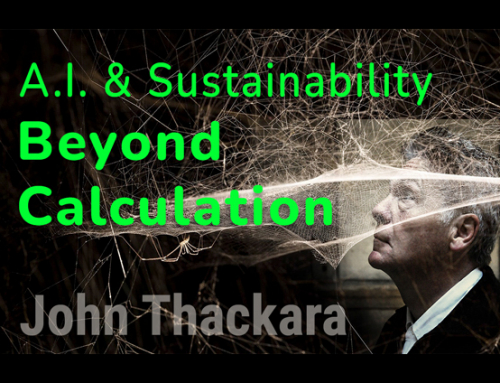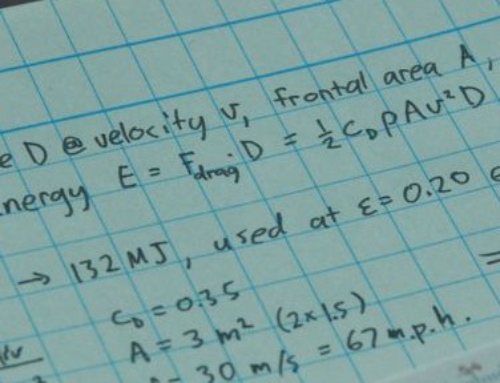Totally lost amongst the financial news last week was discussion of a new report on The Economics of Ecosystems and Biodiversity (Teeb).
According to this EU-commissioned study, the global economy is losing more money from the disappearance of forests than through the current banking crisis. The report puts the annual cost of forest loss at between $2 trillion and $5 trillion.
The figure comes from adding the value of the various services that forests perform, such as providing clean water and absorbing carbon dioxide.
According to Pavan Sukhdev, lead author of the report, “whereas Wall Street by various calculations has to date lost, within the financial sector, $1-$1.5 trillion, the reality is that at today’s rate we are losing natural capital at least between $2-$5 trillion every year.”
Strictly speaking, Mr Sukhdev, we are not “losing” natural capital, we are consuming it. And the superhuman efforts of politicians these days are all fixing the system so that we can carry on consuming a lot more.
As Illargiputs it today, “the intention of all these daily federal interventions is to keep the credit spigots open so Americans can go even deeper into debt to buy more stuff they can’t actually afford”. And he goes on to quote Barney Frank, chairman of the House Financial Services Committee: “We have to prop up consumption.”
Key to understanding Sukhdev’s conclusions is that as forests decline, nature stops providing services which it used to provide essentially for free. So the human economy either has to provide them instead, perhaps through building reservoirs, building facilities to sequester carbon dioxide, or farming foods that were once naturally available.
Or we have to do without them; either way, there is a financial cost.
So I have a proposal. Let’s pass a law compelling anyone in possession of an information screen describing the financial markets to split the screen, make the money chart half the size, and place it beside a real-time feed from a site opf ecosystem degradation.





